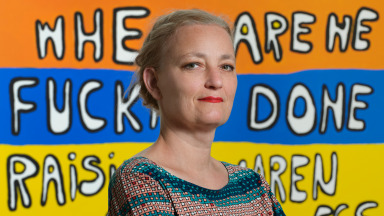Hot on the heels of the pandemic came the energy crisis – has this experience led to a shift in public opinion on climate action in Germany? Broadly speaking, support for ambitious climate policy remains strong, however many citizens are concerned that policymakers lack the political will and that the burdens of the transformation are not being shared equitably. But it seems that many people underestimate the willingness of their fellow citizens to embrace change. This is the conclusion of the 2023 Social Sustainability Barometer, an annual representative survey of over 6,500 people across Germany on the energy and transport transitions, conducted as part of the Ariadne project funded by the German Federal Ministry of Education and Research (BMBF).





